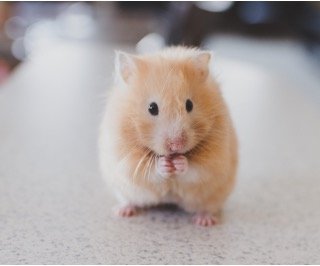Being a horse owner may be a fulfilling and fun hobby. When you own a horse, you have a legal obligation to provide for its health and happiness.
Both people who keep horses on their own property and those who own land where horses are agisted are required by law to have a unique Property ID (PIC).
Maintaining your horse’s diet
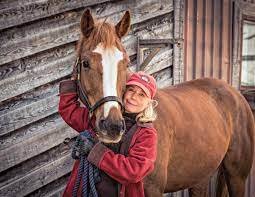
Roughage (pasture, hay, or chaff) is the best form of feed for horses since it provides them with the most calories per pound of body weight. Generally speaking, a daily feeding guideline of 1-2 kilograms per 100 kilograms of body weight or :
- Pony (measuring up to 13.5 hands, 200–350kg) (measuring up to 13.5 hands, 200–350kg). Maintain a daily feeding rate of 3-7 kilograms
- Galloway (measuring 13.5–15 hands, 350–500kg) (measuring 13.5–15 hands, 350–500kg) daily 7-10 kg feeding
- Horse (measured 15–16.5 hands, 500–650kg) (measuring 15–16.5 hands, 500–650kg) daily feeding of 10-13 kg
- A large horse (above 16.5 hands tall and 650 kilogrammes) a daily intake of 13+ kg
If you ride your horse frequently, if there is not enough grass, or if your horse is losing body condition, you may need to provide it with a supplement.
Put out some kind of mineral block or salt lick in the pasture. If you need advice on what supplements are good for your horse, see your vet; many common kitchen scraps, such as grass clippings, can make a horse sick.
Selecting a Horse
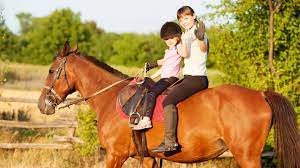
Buyers should know what they plan to do with their horses, have some sense of how much they’re willing to spend on a horse, and be aware of the various places they can buy horses before making a selection. A wide array of interests and professions are served by horse ownership. In order to get the horse that is ideal for you, you need first to consider why you want one.
Horses need protection from the weather, including wind and rain, and plenty of space to run around in. Horses and other equines, wherever they may be, are often kept outside with access to some sort of shelter. It is common practice to house animals in a barn or stable for the convenience of owners and for shelter from bad weather. If a horse owner does not have access to their own land, they can rent fields and barns from a private landowner, or they can board their horse at a boarding facility. A horse that is not permanently turned out in a field or pasture will need to be ridden, longed for, or turned out for free time on a regular basis to maintain a healthy lifestyle. On the other hand, a sick or injured horse may need to spend its time confined to a stable, typically a box stall.
Horses in blankets
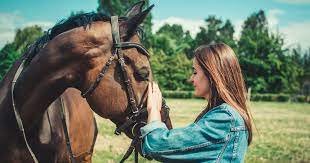
For the colder months, horses shed their summer coats and grow thicker ones to keep them warm. However, a horse blanket may be necessary to shield the horse from the cold if it is kept artificially trimmed for the show or if it is under stress due to old age, illness, or injury. To avoid overheating in the summer, it’s best to have someplace to seek out some shade.
Also, know 10 Best Small Dog Breeds for Limited Space
Daily Stable Management and Horse Care Routine
The first step in responsible horse ownership is to find the correct horse for you. In order to maintain good health, horses need regular attention. The following is an example of daily stable management and horse care routine:
- Give your horses hay and/or grain twice a day.
- Take out the trash and fill up the water containers first thing in the morning and last thing at night.
- Cleaning stables twice a day is a must. Mucking entails removing urine and manure stains.
- Wash the sheets and get new ones.
- Each day, inspect and pick hooves.
- During the colder months, blankets should be taken off in the morning and put back on in the evening.
- During the summer, it’s important to apply a fly spray or bug repellent to horses both before riding and after.
- Every day, you should let your horse out into the pasture to allow him to enjoy the fresh air, grass, and sunshine.
- You should ride your horse many times a week in the arena, on a trail, or lunging (exercising him on a long rein).
Factors Affecting Horse Value
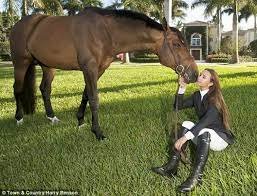
In the United States, at least, horses aren’t typically relied upon as a primary mode of transportation or tool. Most horses nowadays are owned for no other reason than the pleasure of having one, with recreational use being the most common reason given by horse owners. Youth programs, recreational riding and trail riding, competitive exhibits, and racing are all part of these aims. These leisure activities are supported by a commercial sector that includes breeders, trainers, and ancillary groups.
Education and Conduct
Horses with experience in the intended task will be more valued than young horses, untrained horses, or horses with no proof of doing the duty. The ability to demonstrate the required task in a normal manner will trump any imagined genetic deficit. The capacity to execute at a high level on a consistent basis increases value since it provides more proof of the required behavioral attitude and physical durability necessary for continued use.
Have Fun on Your Trip
Horse ownership is common as a leisure activity for people who value the positive effects it may have on their lives, their communities, and the next generation. Many horses are now living well beyond their 30s, long after they have outlived their athletic usefulness because of advancements in equine health. If you want to be a good horse owner, you need to get ready for the future. This includes the years after your horse retires.




